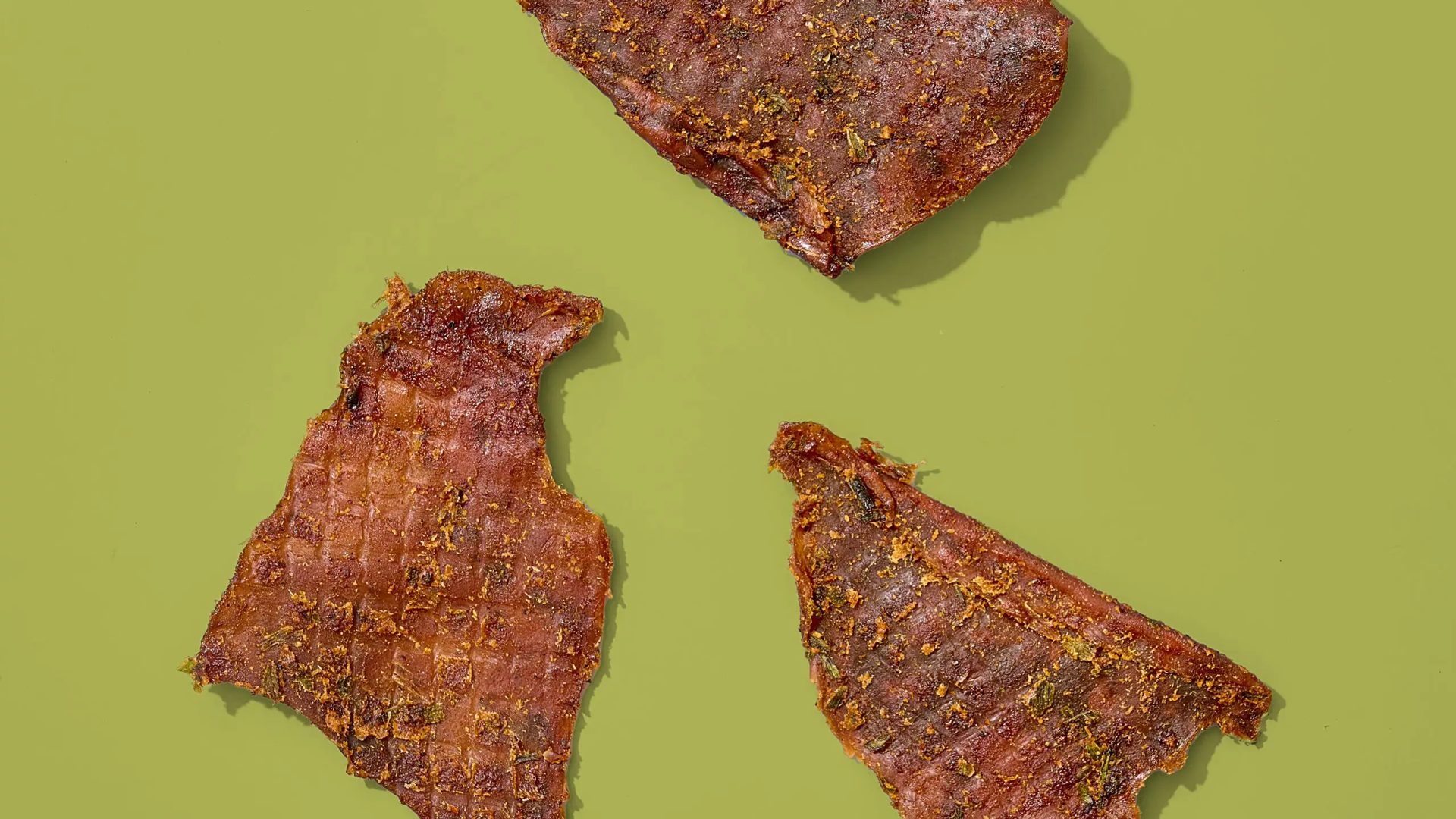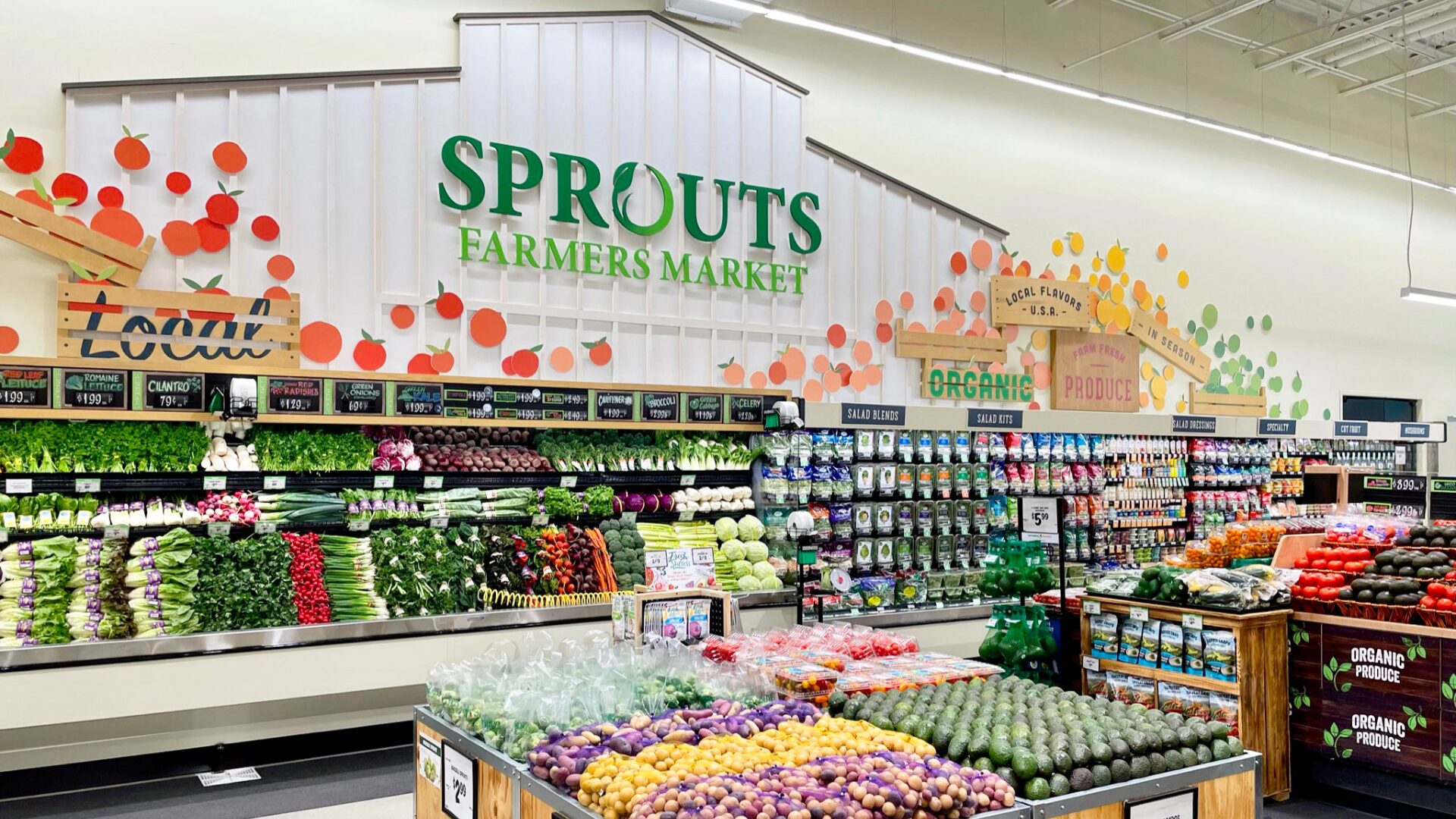Plant-based eating is the second most discussed diet in the U.S. today, according to a recent report from Tastewise.
The conversation is shifting towards more flexible, health-oriented motivations. For many consumers, “vegan” feels binding while “plant-based” provides a similar diet with fewer restrictions.
Restaurants are increasingly aware of this significance and 83% more restaurants have added plant-based dishes over the last year. Thirty-eight percent more restaurants serve dairy alternatives than meat but the two categories create the same buzz in restaurant conversations among consumers and plant-based meat is rising faster in overall consumer popularity.
Due to this growing trend, venture investors more than doubled their bets on alternative protein makers this year, raising more than $1 billion for startups that focus on alternative proteins, reported Bloomberg (July 27).
More than 20 faux meat startups raised about $1.4 billion from venture investors in the first seven months of 2020, according to a report from London-based investor network Farm Animal Investment Risk & Return. Venture investments in plant-based meat and dairy alternatives rose to $1.1 billion, up from $457 million in 2019, while investments in companies that grow cell-based meat more than tripled to $290 million from $75 million last year.
Investors range from companies such as Cargill and General Mills to pension funds, traditional venture capital firms, and celebrities including Bill Gates and Oprah Winfrey.
Plant-based and cell-based meat require a fraction of the water and energy used to manage livestock, but companies need to invest a lot in marketing and technology to help replicate the look and texture of traditional meat. “At the end of the day to reach scale in this space, you have to deliver something that is as tasty as meat to get consumers to switch,” said Marisa Drew, head of the impact advisory and finance group at Credit Suisse Group AG.
The biggest funding deals of the year included Impossible Foods Inc., which raised $500 million to support expansion of its vegan burgers, and Swedish oat milk maker Oatly AB, which raised $200 million this month in a deal backed by Blackstone Group Inc. that values the company at $2 billion.
Smaller companies are also gaining attention from investors such as Memphis Meats, which makes cultured meat from cells in a lab, and Nature’s Fynd, an alternative protein developed from a volcanic microbe discovered in Yellowstone Park.
During the pandemic, faux meat has been doing particularly well amid concerns about meat processing and the coronavirus. Plant-based meat purchases rose 264% this year, according to Nielsen.
For plant-based meat startup Rebellyous Foods, the pandemic meant pivoting from targeting the foodservice industry to a consumer product it could sell at grocery stores, reported Geek Wire (July 16).
The Seattle-based maker of plant-based chicken previously distributed its products at cafeterias, schools, and other institutions. After those institution began shutting down indefinitely, the company accelerated development of a new product that is now available at 14 mom-and-pop markets throughout the Seattle area.
“We really started to re-strategize about who was going to be our customers and who was going to be Rebellyous in a world where we don’t go to ballparks and stadiums and even to school for a very long time,” said Rebellyous CEO Christie Lagally.“It was dawning on us pretty quickly there that we had to do something different, and probably for the best. Sometimes these are really, really hard situations but they put us in a better position to be able to offer our products in the future.”
In September, the company plans to retire the plant-based chicken product that is has been temporarily selling to make room for a new suite of items including chicken nuggets, chicken tenders, and a chicken patty all made entirely from plant products.
The pivot is fueled by a $6 million investment Rebellyous secured in April in Series A funding co-led by Clear Current Capital, Fifty Years, CPT Capital, and Liquid 2 Ventures.
Meanwhile, The Not Co., a maker of plant-based meat and dairy substitutes in Chile, will soon be worth $250 million, following an $85 million round of funding, reported TechCrunch (July 23).
The latest round of funding follows a series of successes for the Santiago-based business. In the two years since Not Co. launched on the global stage, the company expanded beyond its mayonnaise product into milk, ice cream, and hamburgers. Other products, including a chicken meat substitute, could also be coming, according to people familiar with the matter.
Not Co. is already selling several products in Chile, Argentina, and Brazil, and signed a deal with Burger King to be the chain’s supplier of plant-based burgers.








